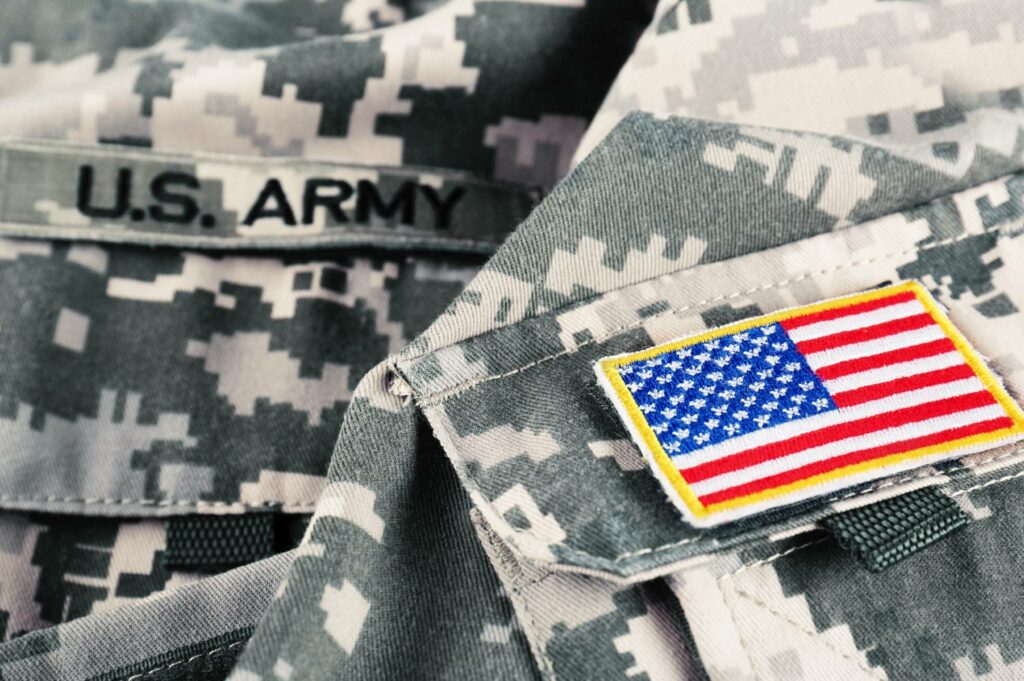The Government frequently enters into pretrial agreements with accused servicemembers. These agreements benefit an accused because they usually limit the possible sentence and may reduce the number of charges the accused faces. They benefit the Government because they provide certainty in the outcome and require substantially less resources than a contested trial. When an accused faces a number of charges and agrees to plead guilty to only some of them, the ordinary bargain is for the Government to withdraw and dismiss the specifications to which an accused does not intend to plead guilty. The dismissal is initially “without prejudice,” meaning that these charges can be brought against the accused again if the guilty proceeding is not completed, or a finding is overturned on appeal. Once appeals are complete, the dismissal ripens into “with prejudice,” meaning the accused cannot be charged with those offenses in the future. The standard pretrial agreements also allow an accused to withdraw from the agreement for any reason before the military judge accepts his pleas. After the pleas are accepted, the accused can still withdraw from the pretrial agreement when he has good cause as long as it is before a sentence is announced.
The Army Court of Criminal Appeals is dealing with a case where the bargain struck differed from the standard agreement, and may result in an accused gaining an unexpected benefit. In December 2020, the Army charged a private with one specification of sexual assault, one specification of abusive sexual contact, and one specification of false official statement. Eventually, the Government and the accused agreed to a pretrial agreement. The private would plead guilty to the specification of abusive sexual contact and, in exchange, the accused’s sentence would be limited. Additionally, the Government would not introduce any evidence on the sexual assault or false official statement specifications, resulting in a finding of not guilty to those two specifications. So, instead of withdrawing and dismissing the two specifications to which the private was not pleading guilty, the Government agreed to allow him to be found not guilty of those offenses. In June 2021, the guilty plea proceeding was conducted and the private pled guilty to the specification of abusive sexual contact and not guilty to the other two specifications. The Government put forward no evidence on those two specifications and the military judge found the private guilty of one specification of abusive sexual contact and not guilty of one specification of sexual assault and one specification of false official statement.
After the pleas were accepted and the findings entered, but before the sentencing proceedings began, the private asked to withdraw from his pretrial agreement. The military judge found that he had good cause to withdraw from the agreement and allowed him to withdraw his guilty plea. The Government would have to try him on the abusive sexual contact specification at a contested trial. However, the military judge found that the Government could not try the private on the sexual assault or false official statement specifications because findings of not guilty had already been entered. When a person is found not guilty of an offense, constitutional jeopardy attaches and they cannot be tried again for the same offense. The Government has appealed this ruling to the Army Court of Criminal Appeals through an Article 62 appeal, which allows the Government to appeal a ruling that terminates the proceedings with respect to a charge or specification. They have also filed a writ of mandamus to the Army appellate court, asking for the Court to order the military judge to rescind his findings of not guilty to those two specifications and allow the Government to go forward on them at trial.
The Government argues that when an accused withdraws from a pretrial agreement, he should be placed back in the same status as he was before trial. In this case, that would mean placing him back before he was found not guilty of the two specifications and allowing him to be tried for all of the original specifications. The private has not yet answered the Government’s filings, but the Army Court of Criminal Appeals will have to decide whether the private can keep the unexpected benefit of not guilty findings and a bar on prosecution for two of the three offenses with which he was charged.
If you or your loved one is facing a court-martial or wants to appeal a court-martial conviction, you need someone with experience who knows the law. I have the experience you need. Please call Bill Cassara at (706) 445-2943 for a free consultation.

